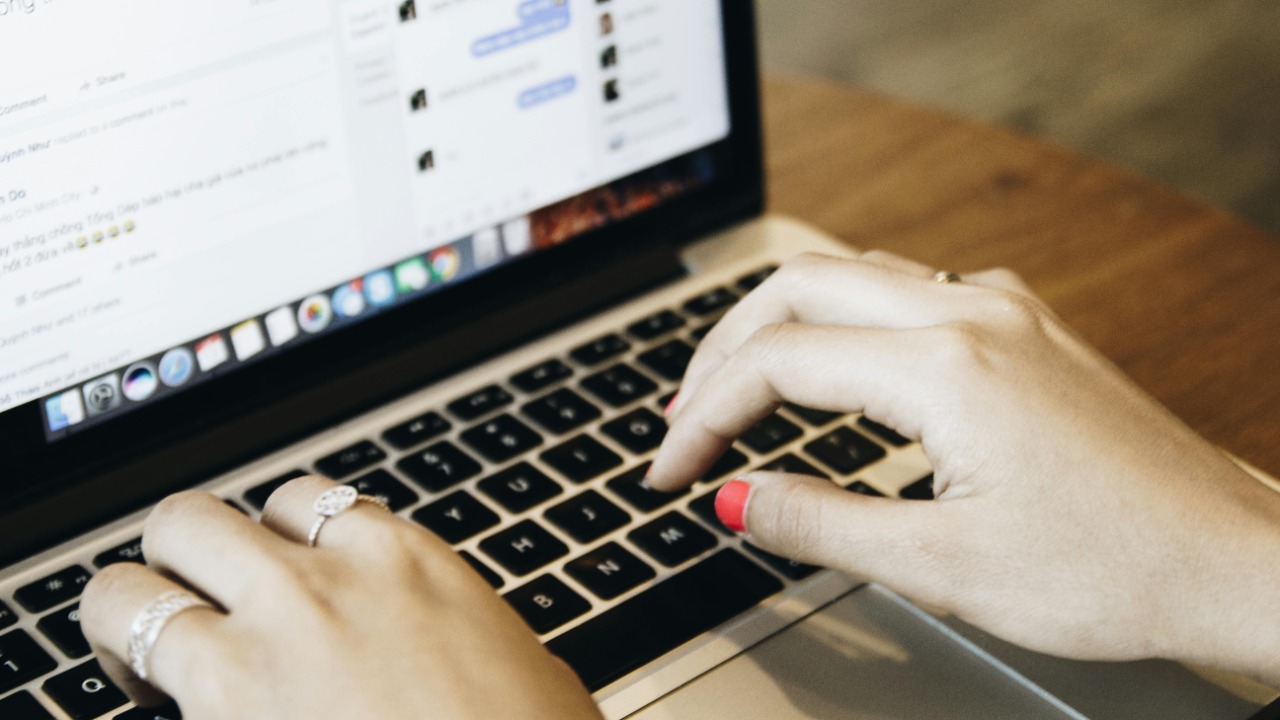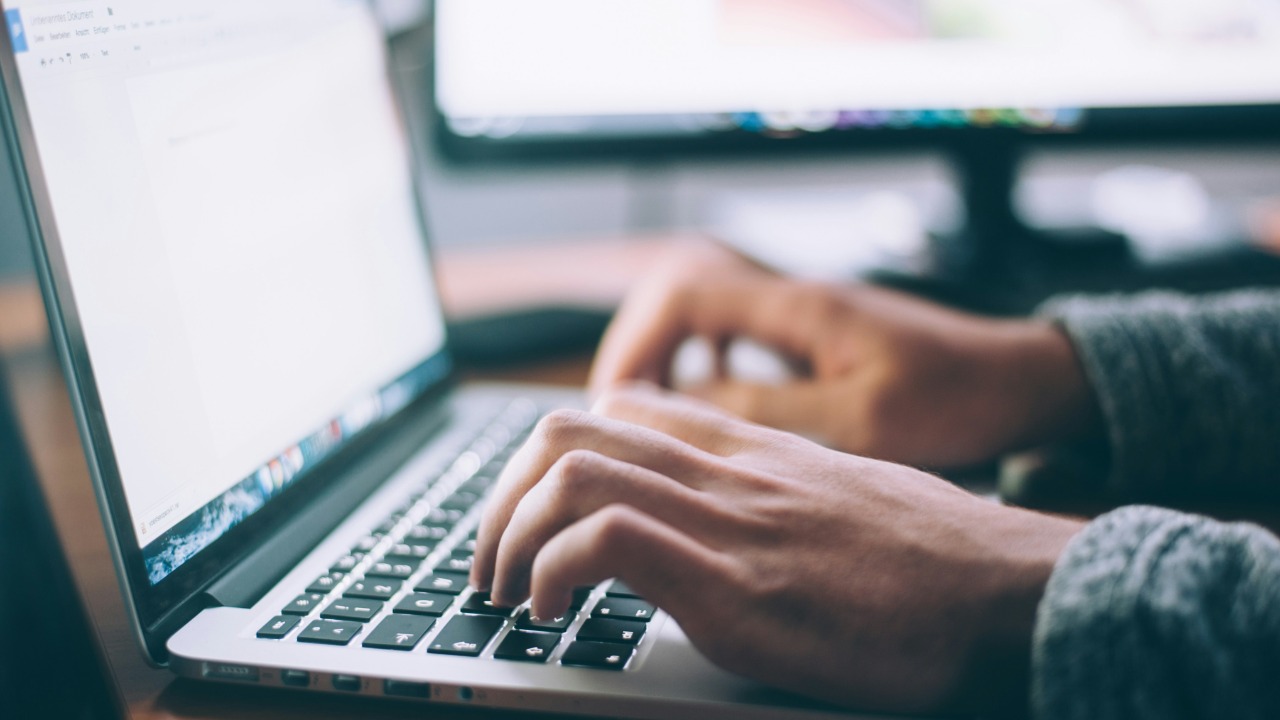
With the internet being a treasure trove of information, it is easy to forget that it can also be a Pandora’s box of personal data exposure. Misuse of this data can lead to alarming situations like identity theft and privacy invasion. Thus, it becomes crucial to understand how to remove your personal data from the internet and why it’s a necessary step towards protecting your privacy.
Understanding the Importance of Personal Data Privacy

In this digital age, our personal data extends beyond our name and address. It includes digital footprints like our browsing history, online purchases, social media interactions, and even our location data. This data, in the wrong hands, can lead to potential risks and implications that we often overlook. Therefore, it becomes imperative to maintain our personal data privacy.
Personal data exposure can lead to a multitude of problems. Cybercriminals can use this data to impersonate you, commit fraud, or even subject you to cyberstalking and harassment. Moreover, it can also have a significant impact on your reputation and personal life. Therefore, understanding and maintaining personal data privacy is not just about avoiding inconvenience; it’s about safeguarding our identity and well-being.
The Risks of Personal Data Exposure

Identity theft is one of the most prominent risks associated with personal data exposure. Cybercriminals can use your data to commit fraud, open new accounts, or even commit crimes in your name. According to a report by Norton, millions of people are affected by identity theft each year, emphasizing its widespread impact.
Moreover, personal data can be used for cyberstalking and harassment. Online predators can use this information to track, intimidate, and harass their victims, leading to serious emotional distress. Personal data exposure can also impact your reputation and personal life, with sensitive information being used to slander or blackmail you. Therefore, the risks associated with personal data exposure are far-reaching and can have grave consequences.
How Your Personal Data Ends Up Online

Your personal data can end up online through various channels, including social media, data brokers, and online transactions. Social media platforms are a major source of personal data, where information shared publicly can be easily accessed. Data brokers, on the other hand, collect and sell personal data, often without our explicit consent. Even online transactions can lead to personal data exposure, with details being stored and potentially misused.
Another major culprit in the collection of personal data is cookies and online tracking. These technologies track your online behavior and collect data about your preferences, habits, and interests. This information is then used to target advertisements and other content. Additionally, hackers and criminal elements can also access personal data through various methods, as discussed in this Reddit thread.
Steps to Remove Your Personal Data

Removing your personal data from the internet is a multi-step process. The first step is to remove personal data from social media platforms. This can be done by adjusting your privacy settings or deleting your account altogether. However, keep in mind that some information may still be accessible through cached pages or posts by other users.
Next, you can opt out of data brokers and remove personal information from their databases. This can be a tedious process, as each broker has its own opt-out procedure. Some brokers may require you to submit a request, while others may require proof of identity. For a more detailed guide, you can refer to this Incogni blog post.
Maintaining Your Online Privacy Moving Forward

While removing your personal data is a crucial step towards protecting your online privacy, it is equally important to take measures to prevent further exposure. One way to do this is by limiting the sharing of personal information online. For example, avoid sharing sensitive information on social media or using it as security questions for online accounts.
Regular privacy check-ups and data removals are also essential. These check-ups can help you identify any new information that may have ended up online and take necessary action. Additionally, using privacy tools and methods for safer internet use, like VPNs and secure browsers, can also help protect your online privacy. For more tips on maintaining your online privacy, check out this Apple Insider article.
Ultimately, protecting your personal data is an ongoing process. It requires constant vigilance and proactive measures. But with the right knowledge and tools, it is possible to control your digital footprint and protect your online privacy.